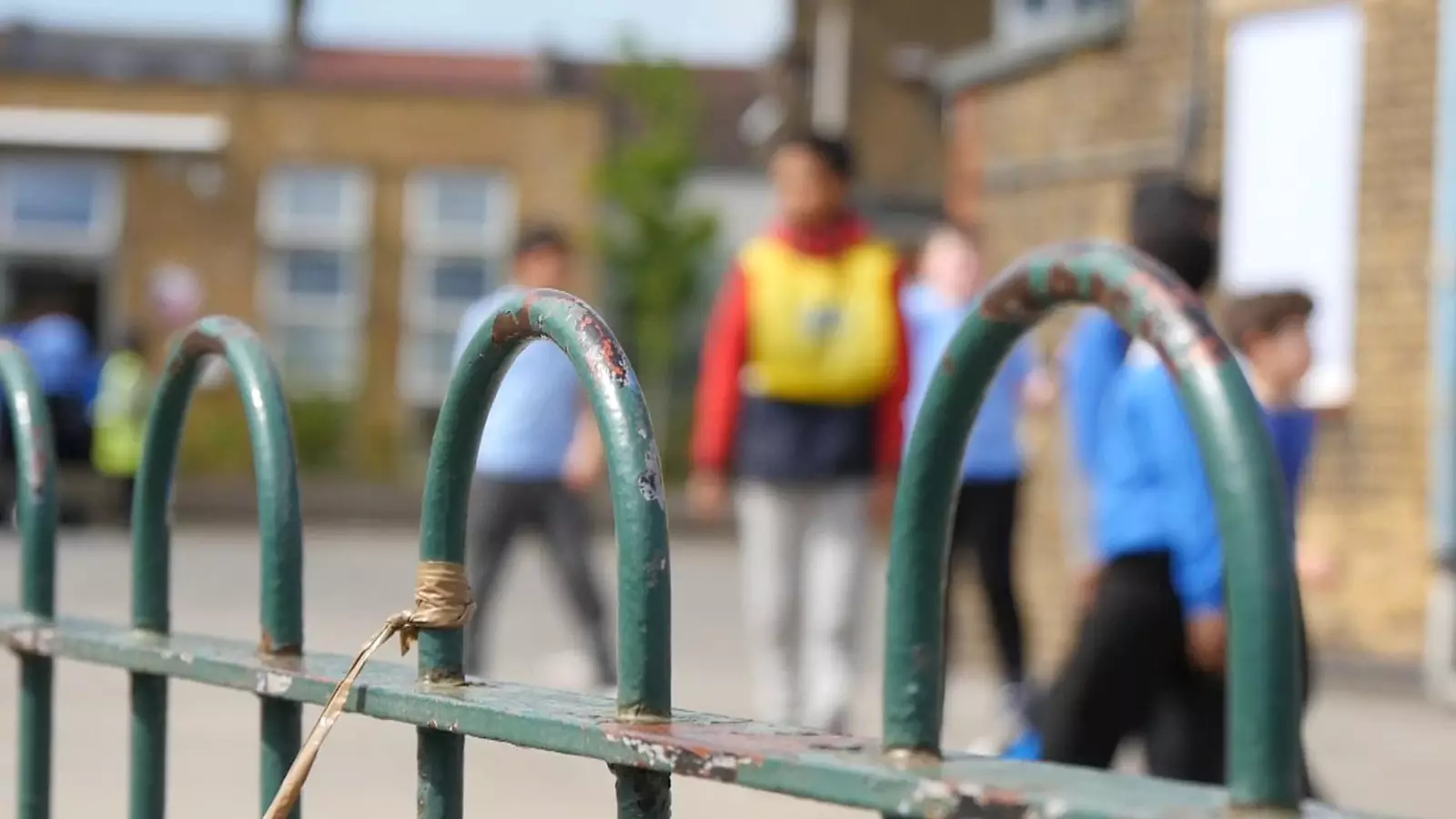Recent research conducted by Chance UK has revealed a troubling trend – the majority of children who are excluded from primary school do not go on to pass their GCSEs in English and Maths. This study, which tracked the progress of 3.2 million pupils in England, found that 97% of those who were excluded at primary school had a special educational need or disability. This highlights the importance of early intervention and support for students who may be struggling behaviorally or emotionally.
One parent, Mary-Anne, shared her story of her son’s struggles with ADHD and subsequent exclusion from school at the tender age of five. Before his diagnosis, schools were ill-equipped to handle his behavior, leading to his permanent exclusion. Mary-Anne refused to send him to a pupil referral unit, recognizing that there must be underlying reasons for his behavior beyond mere disobedience. This highlights the need for a more holistic approach to addressing behavioral issues in schools.
The statistics paint a grim picture – over 22,000 children aged six years and under were excluded or suspended from primary schools in England in 2022. Teaching unions have expressed concern over the worsening behavior in classrooms, particularly in the aftermath of the pandemic. Teachers are struggling to cope with disruptive behaviors, leading to a challenging learning environment for all students. This begs the question of whether exclusion is truly the most effective solution.
The Role of Specialized Support
Despite the challenges, there is hope on the horizon. Organizations like Chance UK play a crucial role in supporting children with behavioral and emotional difficulties. By matching students with mentors, these programs provide the additional support needed to address underlying issues and help students thrive in a school environment. However, there is a clear call for more funding and resources to be allocated towards specialist support in primary schools to prevent exclusions and support the holistic development of all students.
The impact of exclusion on primary school students goes far beyond the immediate consequences. It can have long-lasting effects on a child’s educational success and overall well-being. By shifting the focus towards early intervention, specialized support, and a more compassionate approach to behavioral issues, we can create a more inclusive and supportive learning environment for all students.



Leave a Reply